
The Business of Fashion
Agenda-setting intelligence, analysis and advice for the global fashion community.

Agenda-setting intelligence, analysis and advice for the global fashion community.
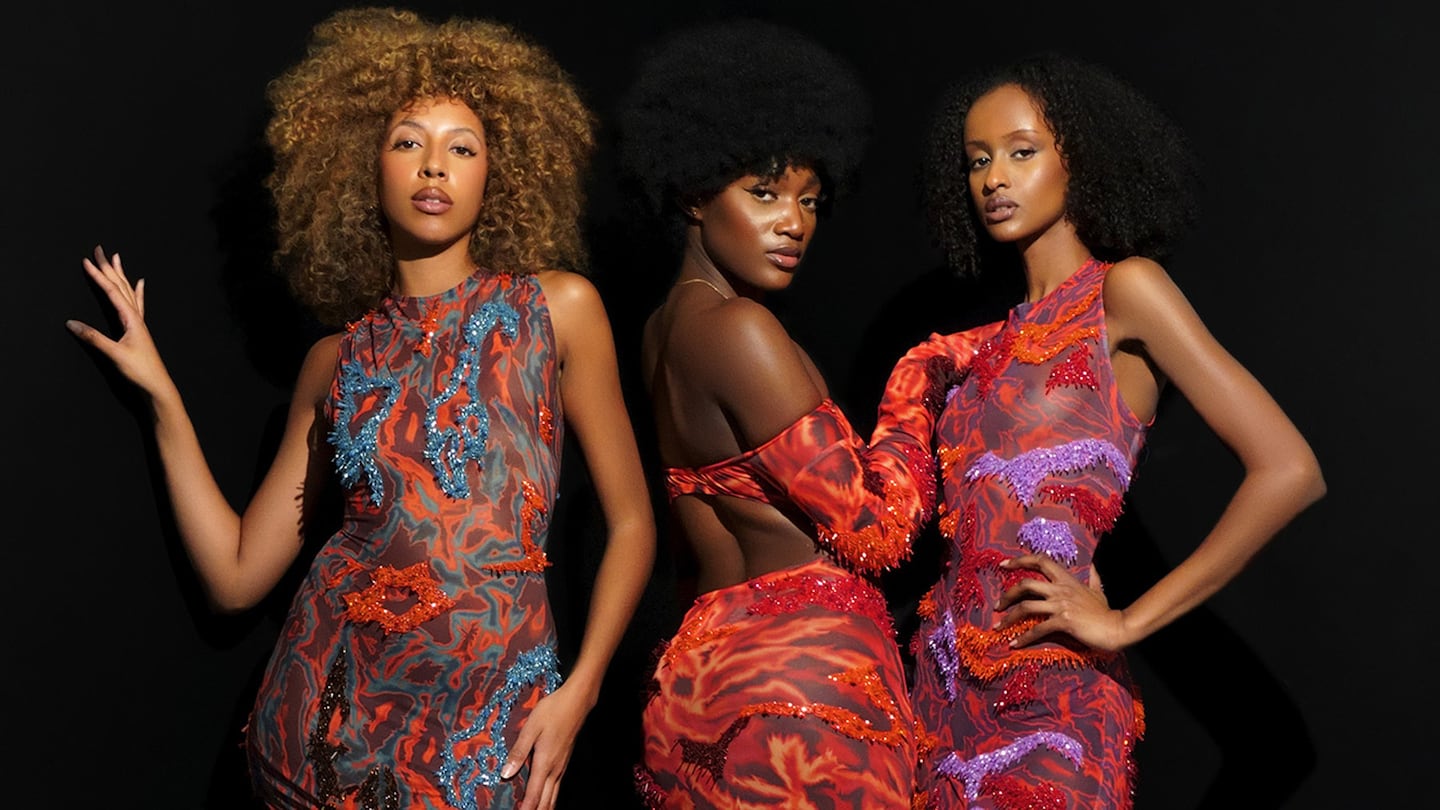
The US-based non-profit Raisefashion launched in July 2020 in response to the Black Lives Matter and social justice movements, with a mission to cultivate greater diversity in fashion and to actively promote and foster BIPOC talent and BIPOC-owned businesses.
Indeed, BIPOC talent typically face greater hurdles and discrimination when entering the fashion industry — some 38 percent of the report’s Black survey respondents said they were “not at all equipped” for their first job search versus 19 percent of white employees, according to the CFDA x PVH State of Diversity, Equity and Inclusion in Fashion 2021 report.
Discrepancies heighten substantially for entrepreneurs from underrepresented backgrounds. This year, Crunchbase data revealed that Black entrepreneurs receive less than 2 percent of all VC funds annually, while businesses led by Black women receive less than 1 percent. Post-pandemic, the gulf has grown — VC funding fell by 36 percent in 2022 due to inflation and surging interest rates. Financing for Black businesses, however, dropped by 45 percent.
“Funding continues to be a major issue as BIPOC designers scale to meet rising consumer demands and revenue opportunities [...] and we must take action to address [these issues]. So, in addition to providing grants and partnering with financial institutions, we are actively seeking funding and ways to provide more capital resources to our community,” Raisefashion executive director and founding board member, Felita Harris, previously told BoF.
This year, Raisefashion launched its brand fellowship programme, for which 8 selected BIPOC designers receive a $15,000 grant, gain key insights into building a successful brand and how to operationalise growth in the fashion industry. The programme connects designers to mentors across the fashion industry, covering: brand mission; fashion cycle; production and sourcing; logistics and operations; revenue channels; communication; finance; and investment readiness.
Below, BoF profiles four designers enrolled in the programme with existing fashion businesses, leveraging the programme to broaden their knowledge base and access new avenues of expansion, like new product categories.
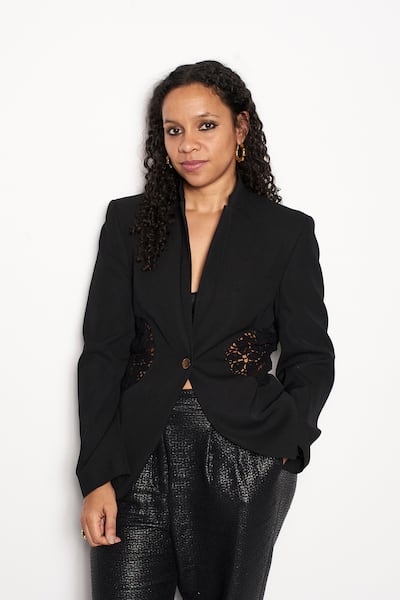
Founded by Rachel Scott in 2021, Diotima is a women’s ready-to-wear brand with crochet knitwear its guiding design principle, drawing inspiration from the designer’s Jamaican roots. Scott is a finalist for the CFDA/Vogue Fashion Fund and the LVMH Prize in 2023.
What is the mission and vision behind your brand?
I have been in the industry for 16 years and there were some things that I felt were important for me to contribute. One of them — presenting a new vision of Caribbean style. I feel that it’s often referenced but there’s always something that I found problematic with it — it never actually involved people from the Caribbean.
I wanted to do something connected to where I’m from. The foundation of the collection is the craft, with crochet combined with tailoring threaded through the collection. I hope to include other crafts that are traditional to Jamaica and the rest of the Caribbean Basin in general.
This year, I am a finalist in the CFDA/Vogue Fashion Fund and the LVMH prize, which has empowered me to feel excited about diving into expanding product categories and doing everything that I believe in with more confidence.
What key challenges have you faced when launching your brand?
To be quite frank, cash. I did not have an initial capital — I had a very small amount of funds in personal savings.
I have been careful about who I partner with and I have great relationships with them. I have been able to negotiate terms that allow me to produce for them without any serious issues — people pay their deposits and that is great. So, I have been able to grow with the business in that way. But I could have grown it faster, potentially, if I had capital to work with.
What advice would you give someone starting a fashion brand today?
Reach out to people. I didn’t realise how giving people could be with their time and knowledge. It’s just as important as actual capital. Don’t be afraid to ask for help and to reach out to people in your network, even if you don’t have a good relationship. You’d be surprised how open people are.
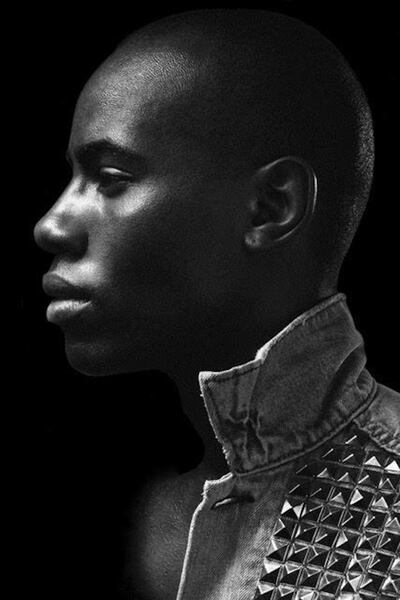
Founded in 2012 by Clarence Ruth, Cotte D’Armes is a high-end denim-based men’s and women’s ready-to-wear brand made in New York City. The brand has collaborated with the likes of Tommy Hilfiger, Formula One, Mercedes Benz and Disney.
What key challenges have you faced when launching your brand?
As an African American male in the fashion industry, gaining access to the right support, financials, marketing — things of that nature — was challenging. I started my brand because it was a challenge getting design jobs, even though I went through the system — building up my portfolio and working in the industry. My struggles were the walls built in front of me that I had to climb to get over just to get in the room.
I have an eight year old son, Christian, who is my core inspiration. When he was born, I made a promise to him and a pact to myself that whatever actions I do from this point on is to change the future for the better, so when he gets to a certain age, or wants to pursue something, he doesn’t have to go through the same path that I went through.
How has Raisefashion and the programme helped you and your business?
Raise has been one of the greatest, most beneficial programmes to work with. To get connected to Raisefashion has been amazing and refreshing. For me, it makes me look to the future and think, “wow, it can be bright.”
Having access to these major buyers at Bergdorf Goodman, Neiman Marcus, Dover Street Market and Saks, speaking to them directly, we have access to information that you probably would never get otherwise. I had emailed these stores season after season, invited them to shows, but never managed to connect. That’s a perfect example of Raise filling that gap and saying, “Hey, this is the brand, get in this room, go to this masterclass, make a connection.”
What advice would you give someone starting a fashion brand today?
Utilise your journey and your upbringing as inspiration to tell a new story. In the fashion industry, we have a lot of new talent, a lot of characters, and everyone’s bringing something different. They are all taking inspiration from different places.
It’s important to take your experience and blessing in the world as a whole with your story — make it personal. Make it close to your heart. Make it something that you care about passionately.
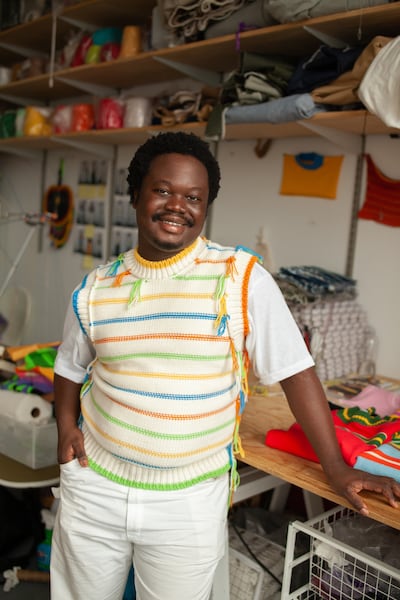
Jacques Agbobly launched his eponymous brand at the beginning of the pandemic, shortly after he graduated from Parsons School of Design. He creates pieces on a made-to-order basis, in addition to knitwear and ready-to-wear items that cater to a wider clientele. Agbobly was a CFDA/Vogue Fashion Fund 2022 finalist.
What is the mission and vision behind your brand?
Having grown up in Togo, West Africa, I had a lot of mixed feelings about the fashion industry at the time of launching my brand — just because I didn’t see myself being reflected in a lot of the brands that I admired.
Back in Togo, there’s a huge market for custom-made clothing — to create something personalised. I believed that was missing, specifically in the United States, and so Agbobly was launched.
Our business model is focused on storytelling and creating pieces that resonate specifically with people that have a multifaceted identity. Our belief here is that blackness is a multiplicity, so we try to think about creating from that landscape.
What key challenges have you faced when launching your brand?
Pre-pandemic, there was not a lot of space for people who look like me. There are a lot more barriers stacked against you, specifically for young designers. And it’s not enough anymore to invest in a designer because you love their garments — it’s about building a business. A house can look great on the inside, but if the structure isn’t great, it’s not going to hold up.
We have seen a lot of designers of colour, specifically Black designers, come and go because we often don’t receive access to the resources to learn about the business side of fashion. Raise has provided a network of amazing professionals — not just executives, but like a head of design, the people who are in charge of taking this designer’s dream and building a business model out of it, and it’s been a great experience.
I started this brand because I didn’t see anyone who was like me in this industry. Through Raise, I have been able to see that there are people who are behind the scenes that are like me, that I have been championing. It’s such a great foundation and a blessing to be in this programme.
What advice would you give someone starting a fashion brand today?
Believe in yourself and believe what you are doing is the best thing in the world and that no one else can do this but you. In this industry, there’s a lot of noise. You see so many people come and go and, oftentimes, giving too much of themselves in this business and losing a lot. The most important thing is to be sure of yourself.
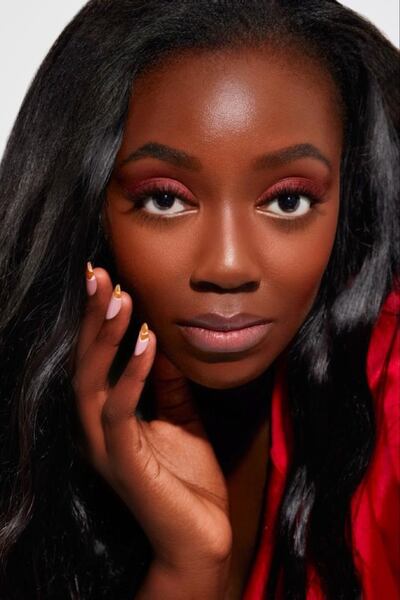
Kanyinsola Onalaja’s MA collection was picked up by Moda Operandi and selected in Vogue Talents’ 2017 “Ones to Watch” list. She went on to launch her namesake brand — a contemporary womenswear brand — that blends the designer’s Nigerian heritage with Italian aesthetics.
What is the mission and vision behind your brand?
I wanted to create a maximalist dream — creating a line that is inclusive and diverse. Each collection unfolds a story with narratives within African art and culture. It’s about transforming the garment from two dimensional to three dimensional art pieces, including prints, textures and intricate hand embroidery that echoes the beauty of the African brushstroke.
We have two core principles — to celebrate African culture and to empower women. We want to challenge traditional beauty norms by crafting inclusive designs for women of all sizes. It’s more than a fashion brand — it’s a movement that transcends cultural boundaries, offering high quality artisanal fashion that celebrates femininity. The ultimate goal is to forge a new era of inclusive luxury.
How has Raisefashion and the programme helped you and your business?
Mentorship and guidance has been fundamental and important in our growth. Gaining insights over a lot of things that I wouldn’t have even questioned has helped shape our strategies and our decision-making.
The market is so competitive and we have had to establish a strong identity and find innovative designs that build our community and create brand awareness. The workshops offered by Raise have provided knowledge on production, how to be more efficient and how to market our brand.
What advice would you give someone starting a fashion brand today?
Launching a fashion brand is exciting but it is challenging. Define what your identity is. What do you stand for? What is your target market? What are you trying to get out into the world or what community are you trying to build?
Cultivating relationships is something that is extremely important in the industry. Learn from mistakes, but also seek feedback. Feedback has transformed my business in ways that I couldn’t even imagine.
This feature is part of a community partnership with Raisefashion.
The Los Angeles-based accessories label has been a well-kept secret in the industry, but founders Yang Pei and Stephanie Li are hoping to change that through new acquisitions, opening brick-and-mortar stores and using AI to speed up the design and production process.
Designer Carly Mark sparked conversation about what it takes to make it as an emerging designer in New York when she announced she was shutting her ready-to-wear line and moving to London. On Thursday she held her last sample sale.
To stabilise their businesses brands are honing in on what their particular consumer wants to buy, introducing new categories and starting conversations.
That’s the promise of Zellerfeld, a 3D-printing partner to Louis Vuitton and Moncler that’s becoming a platform for emerging designers to easily make and sell footwear of their own.